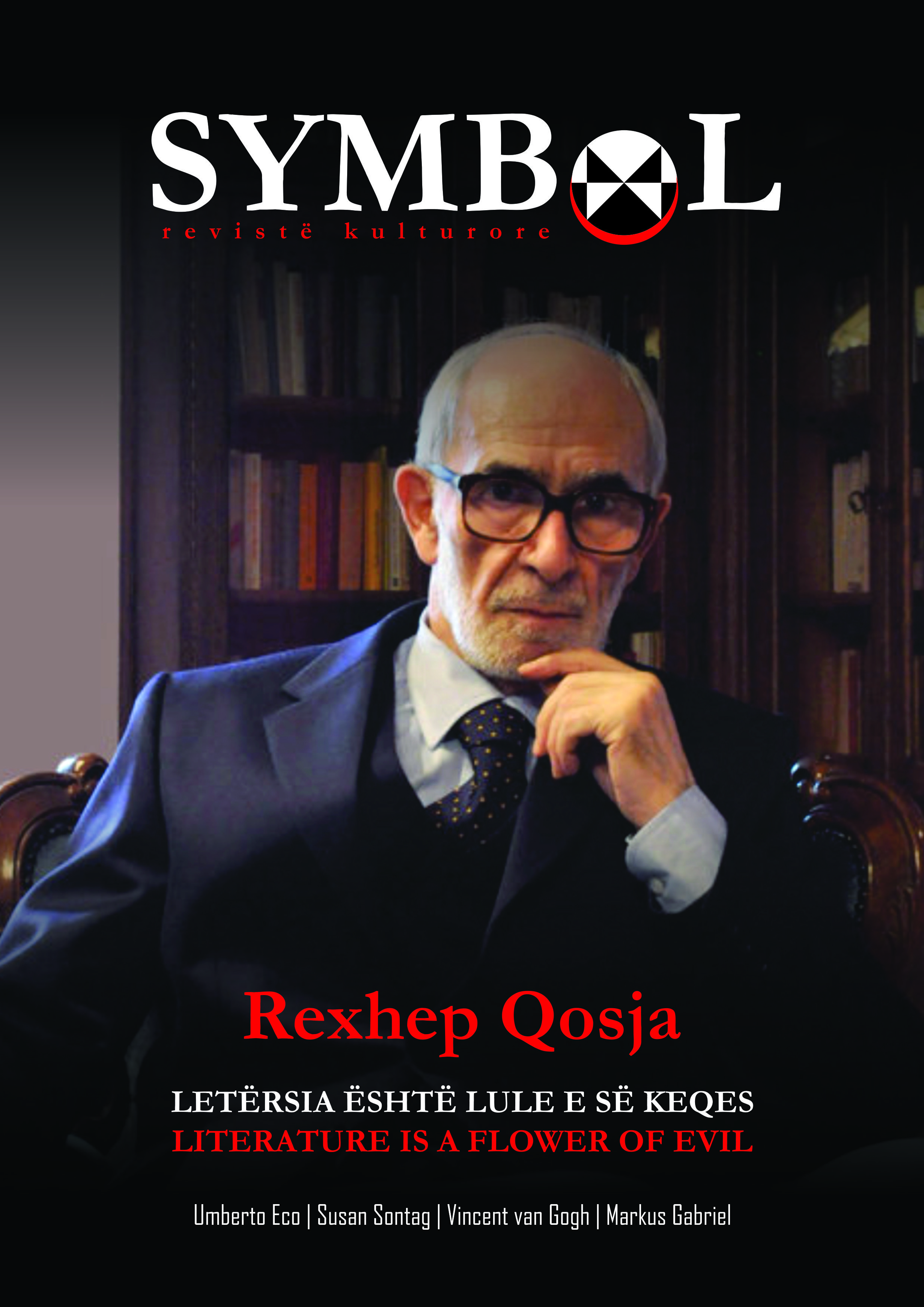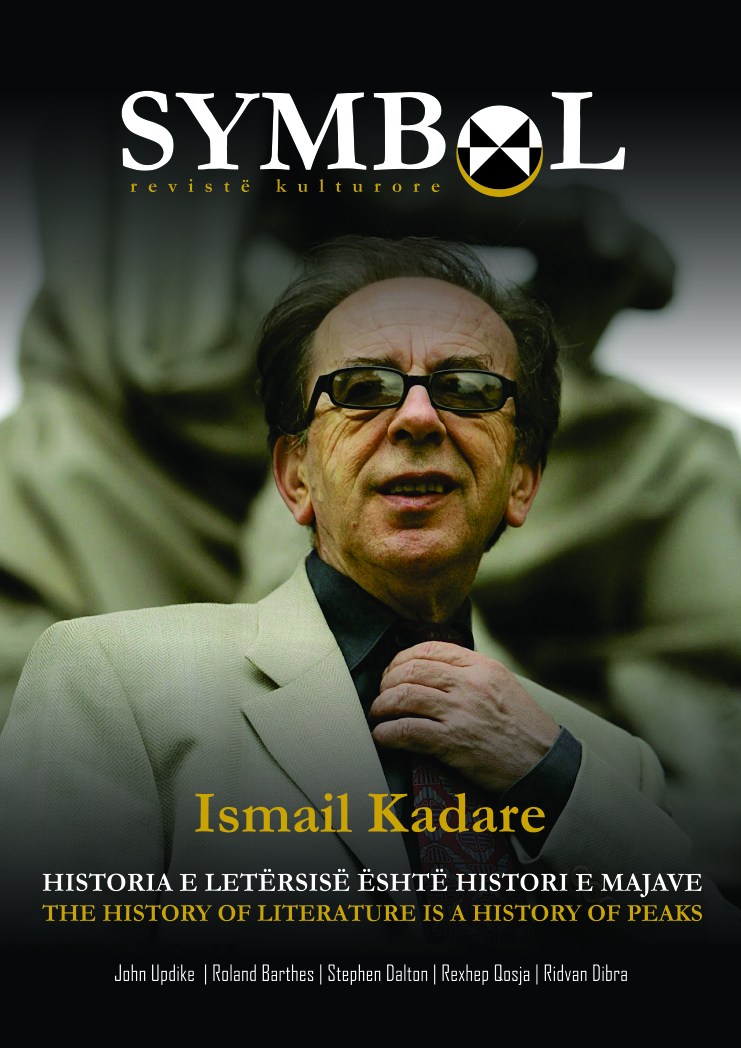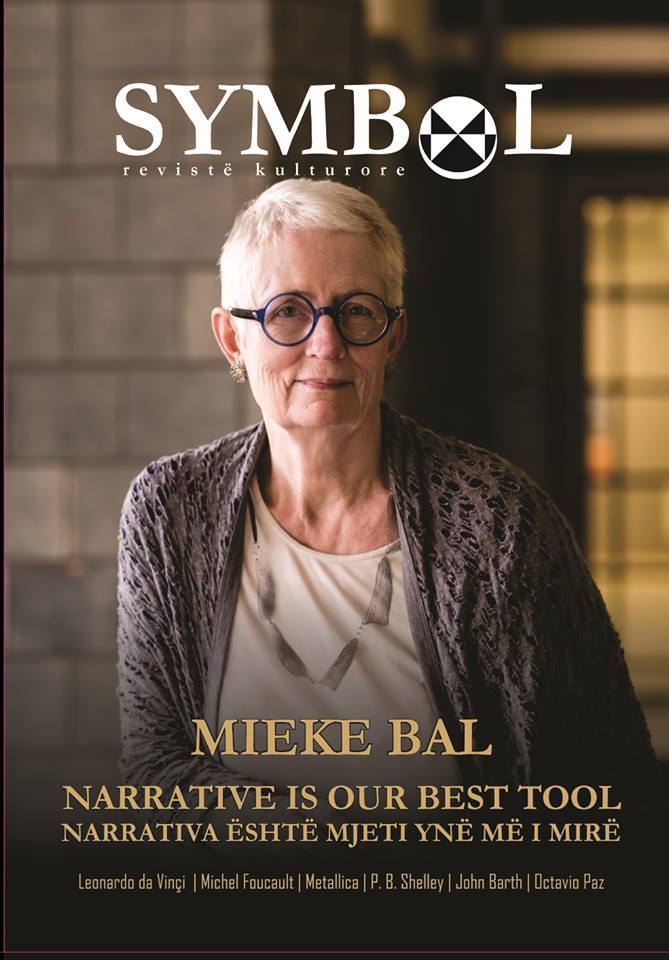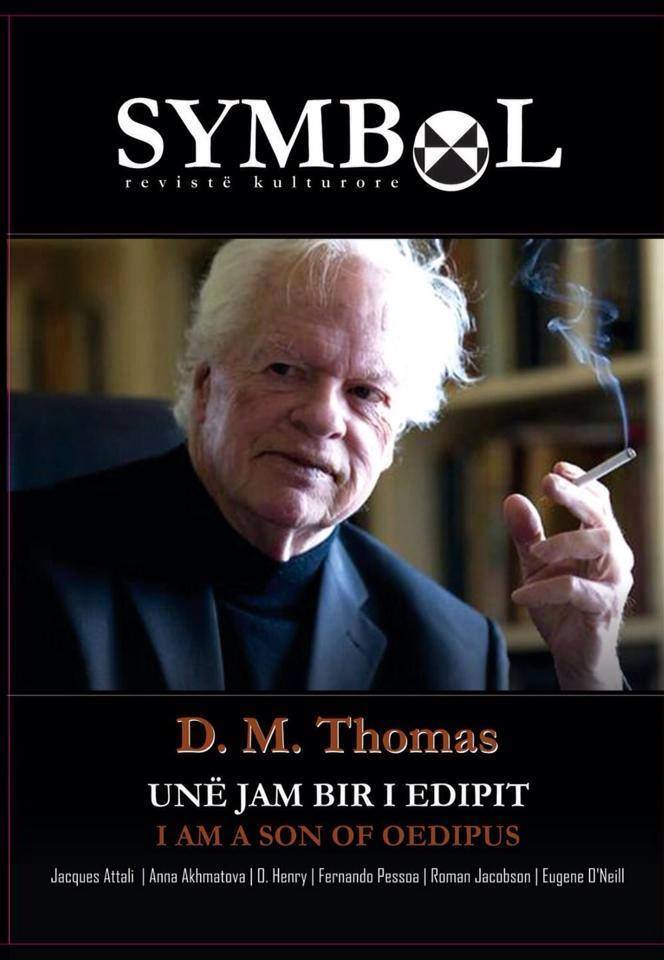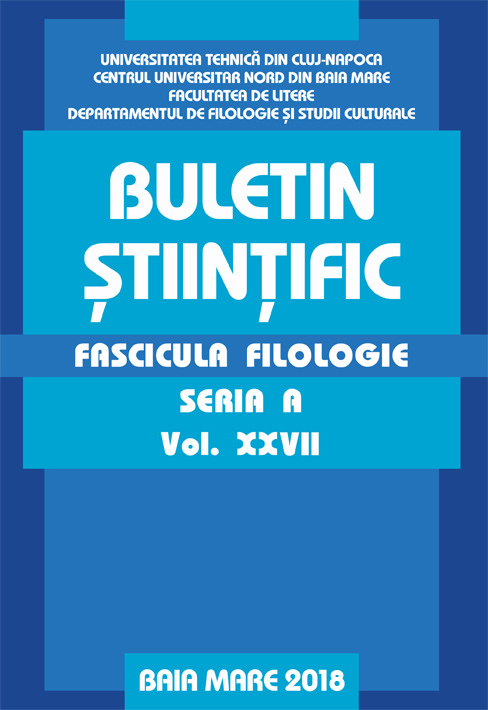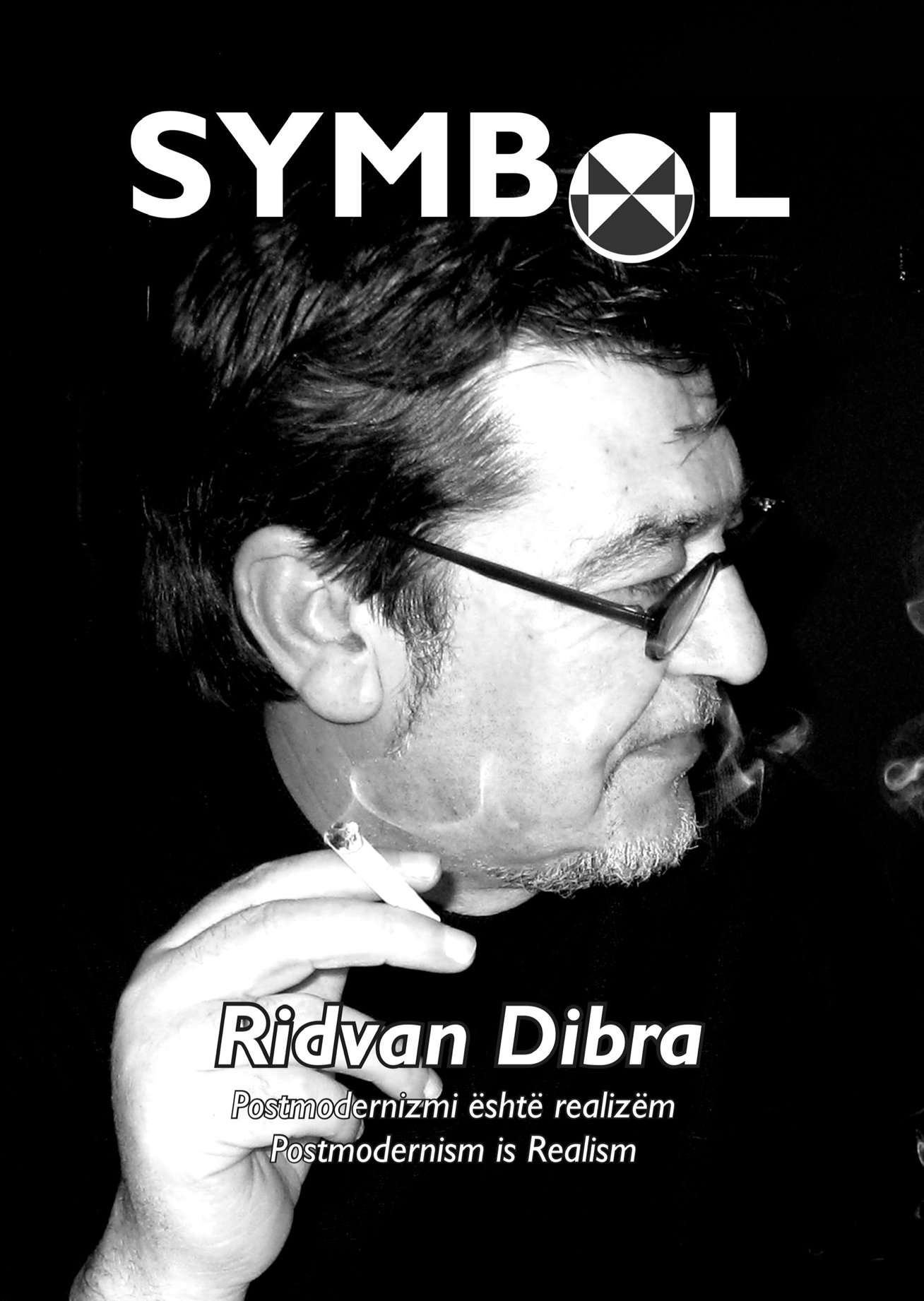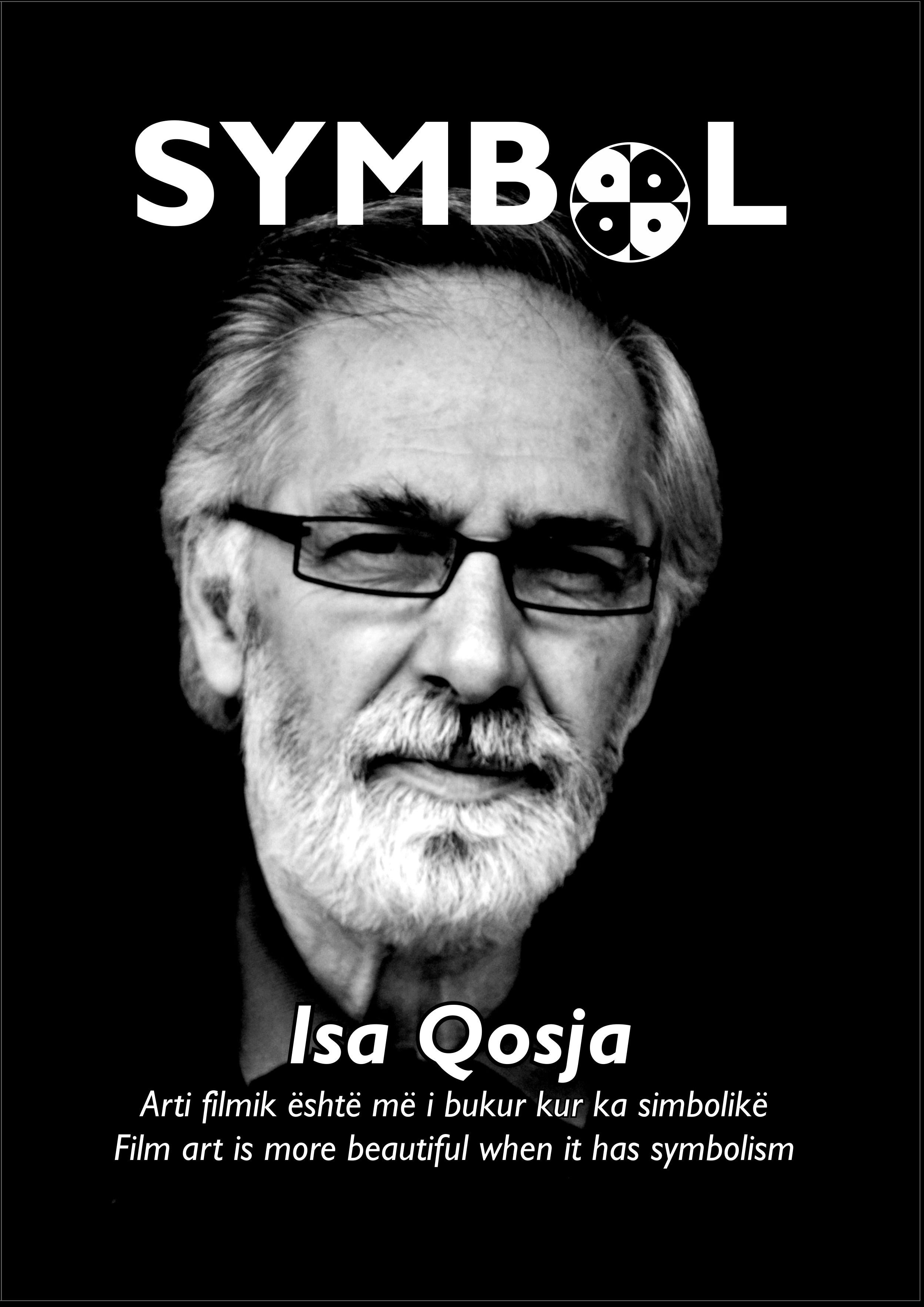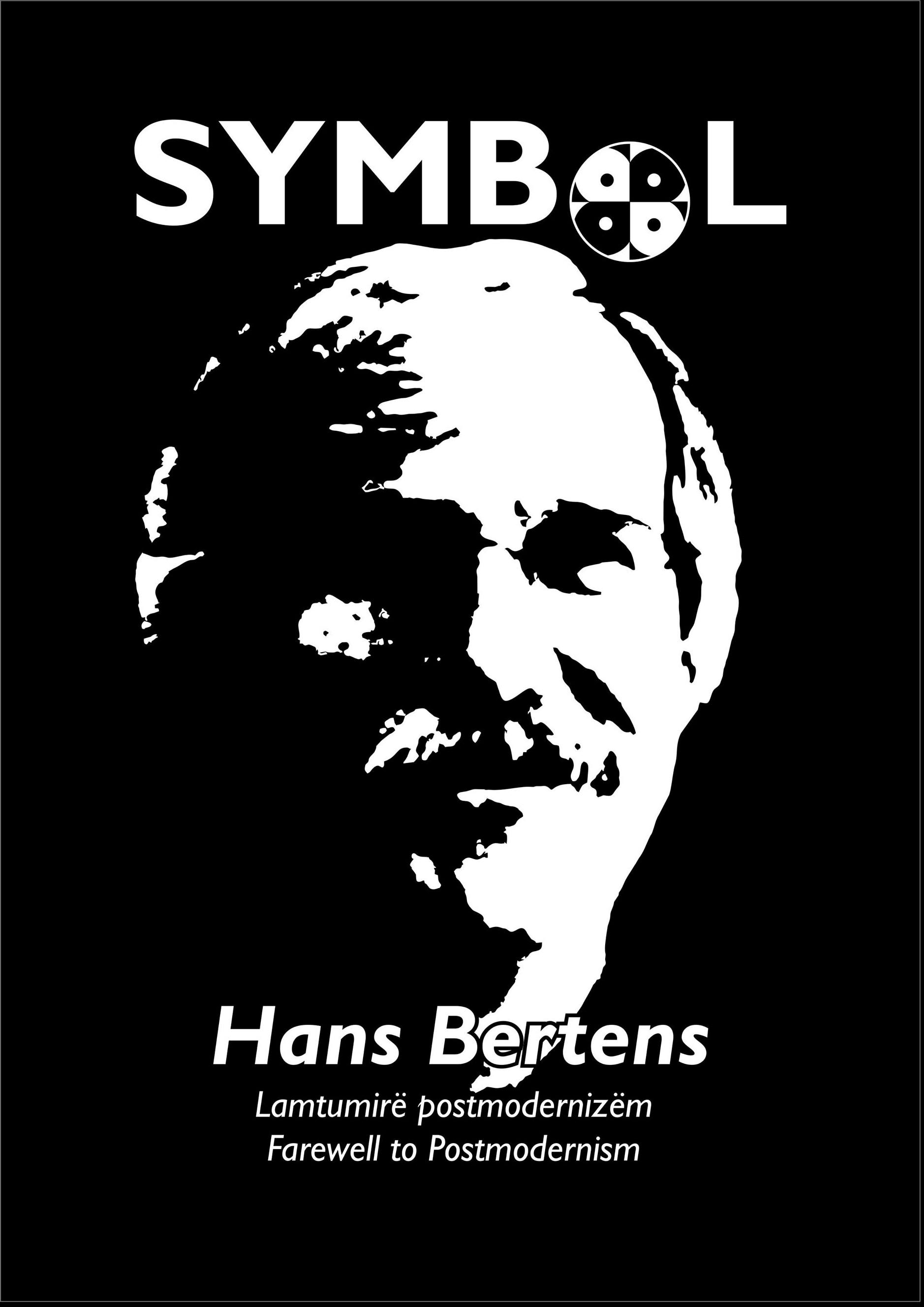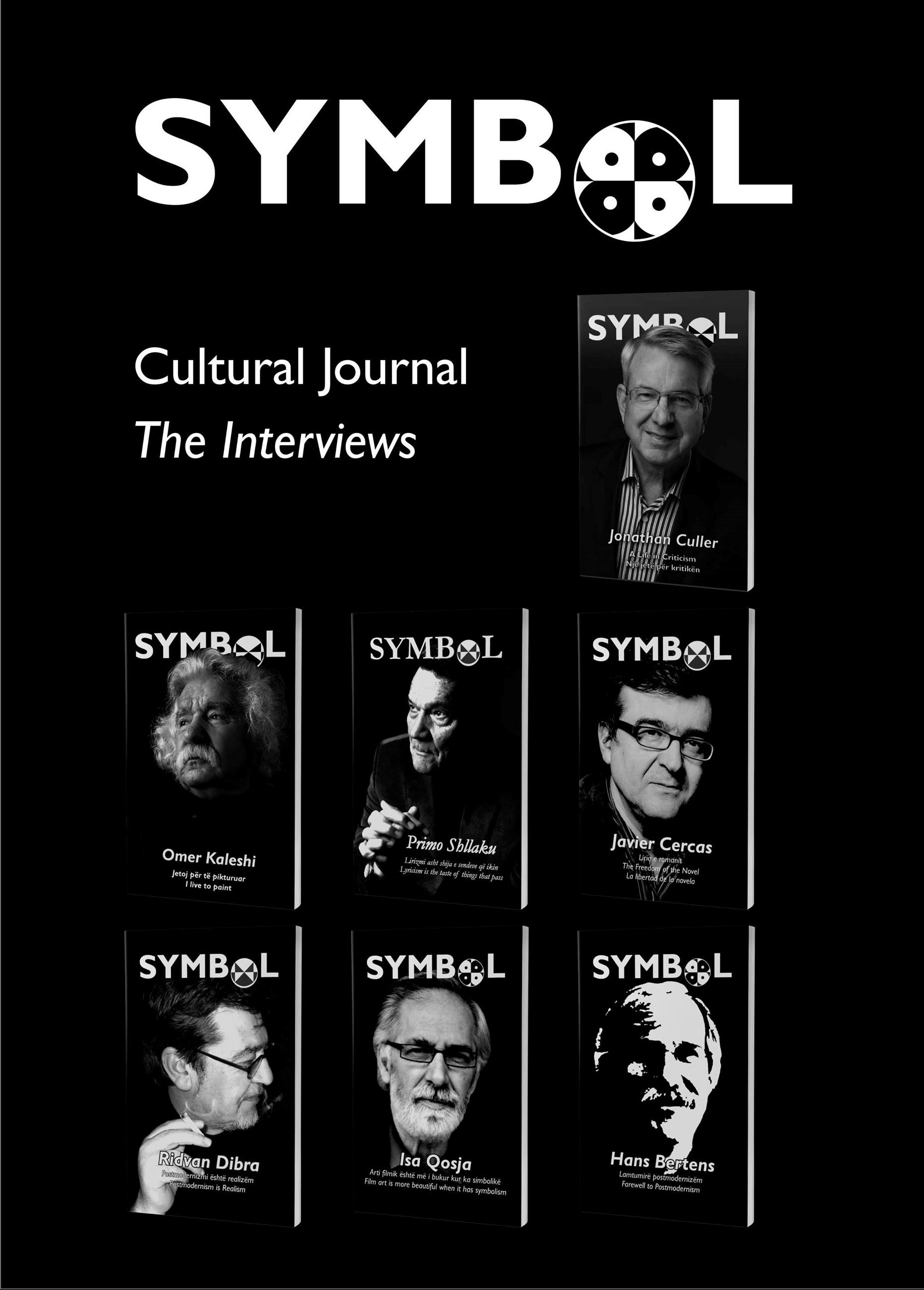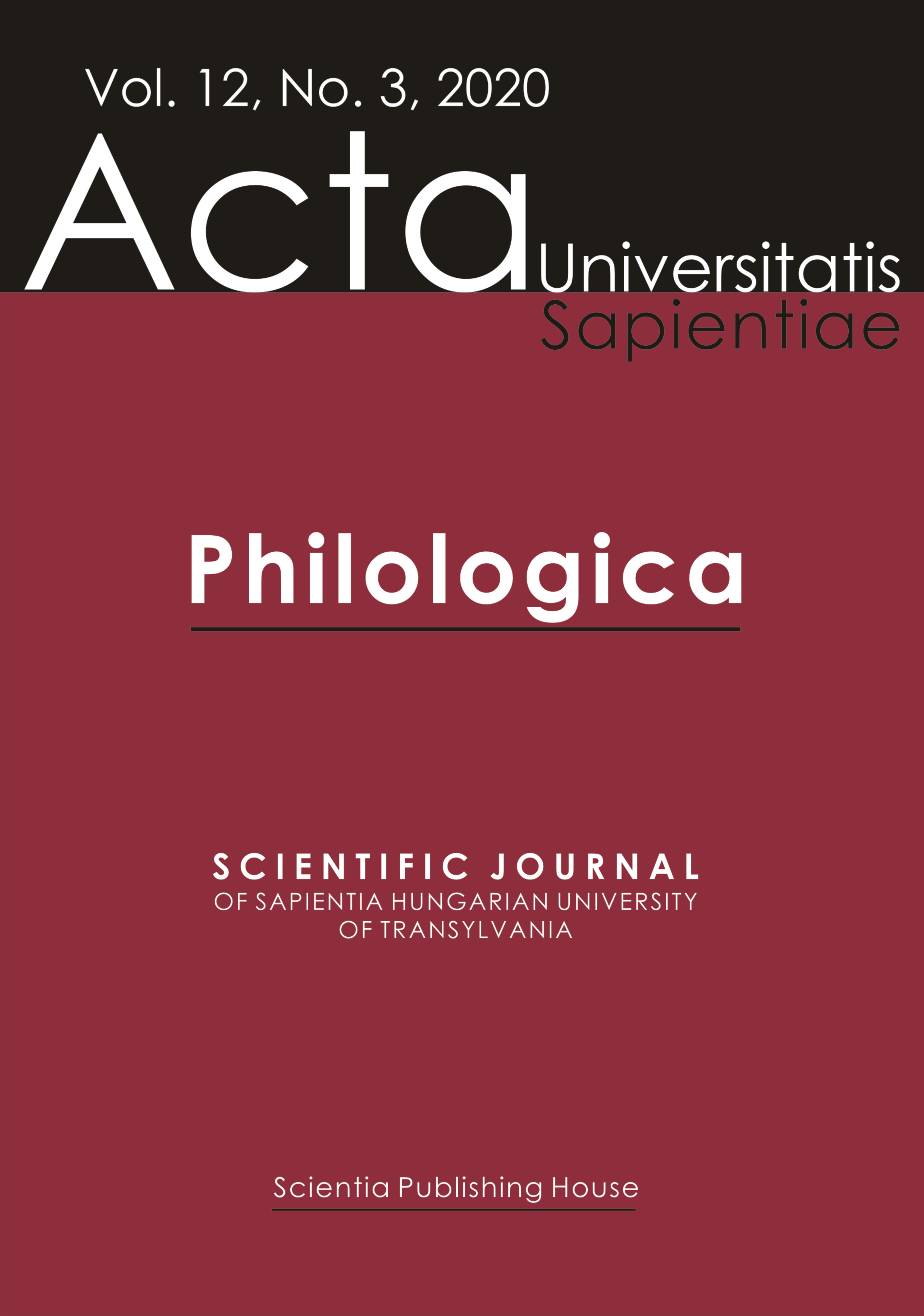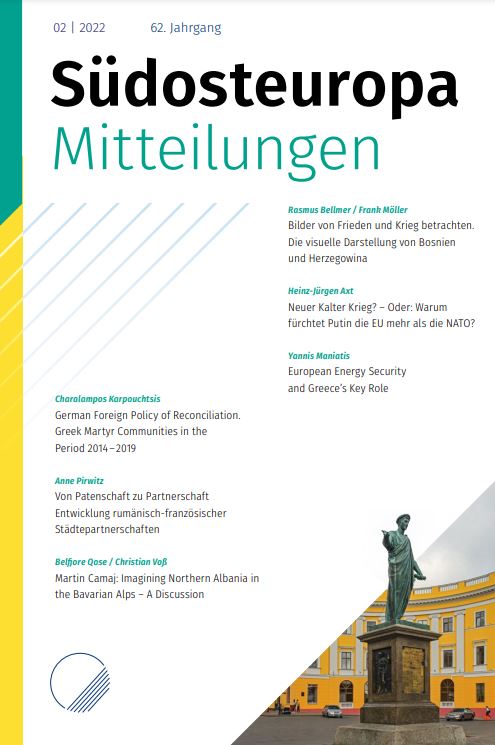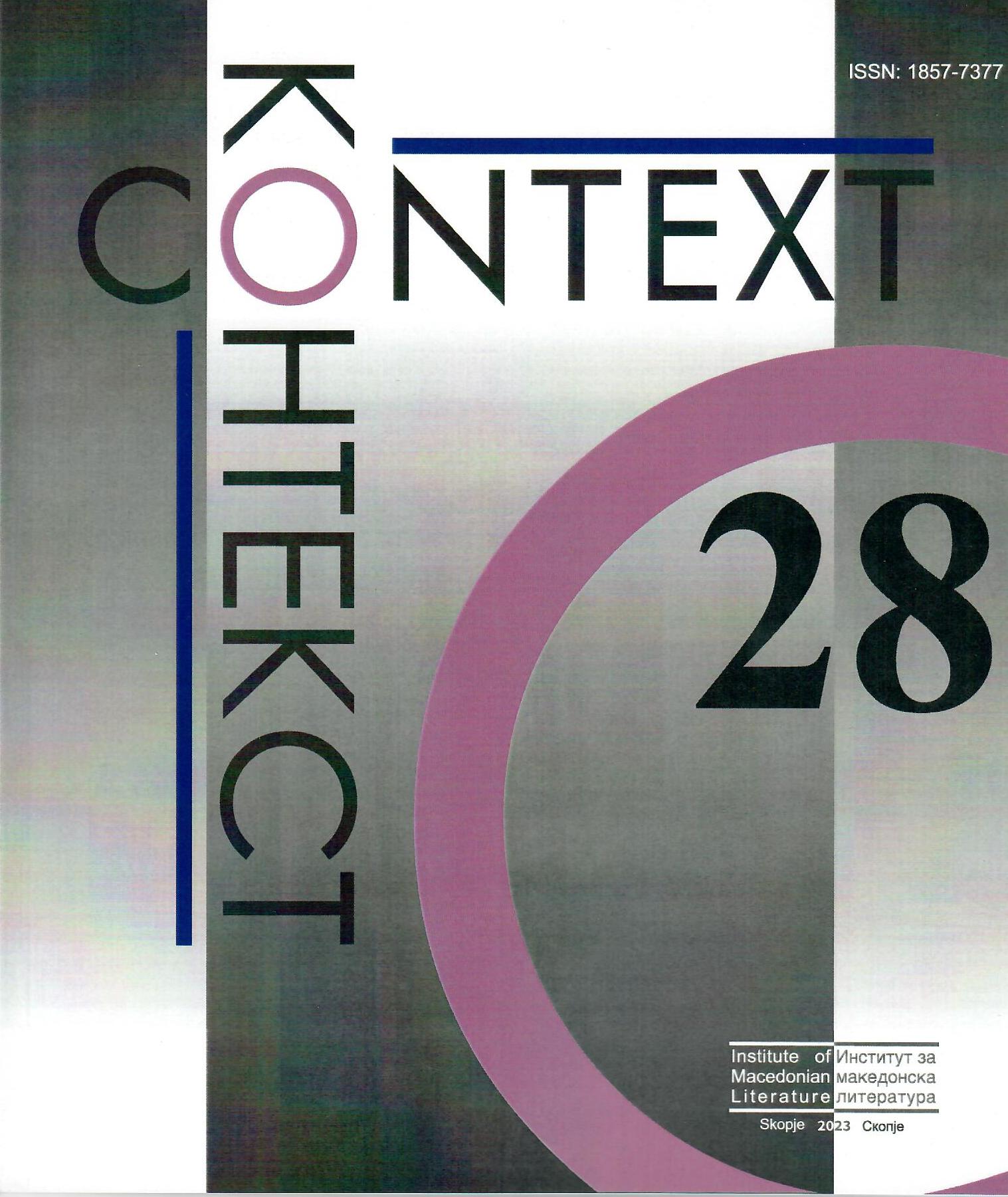Balada si Mjet për Njohje Ndërkulturore
In the age of great mobility recognized as an age of globalization, and ascertained as postmodern condition, phenomena are intertwined in very interesting and often un-foreseen ways. Very often we see the past and the present being reorganized in most amazing ways. In this paper I will try to describe how a novel “Kush e solli Dorunt-inën” written by famous Albanian writer Ismail Kadare, based on Albanian folk ballad on Konstandin and Doruntina is used by theater troops of New York and Prishtina, and brought into a play, as a means of intercultural acquaintances and understanding. The ballad has to do with the kept brother’s promise to his sister even after death, a concept of “besa - a given word - a promise” being among Albanians as quite peculiar and rec-ognizable cultural feature and also presented as such to “others”. If, according to Raymond Williams, “work of cultural analyses should be the ‘clarifica-tion of the meanings and values implicit and explicit in a particular way of life, a particu-lar culture’”, then this is certainly one way to do so.
More...
